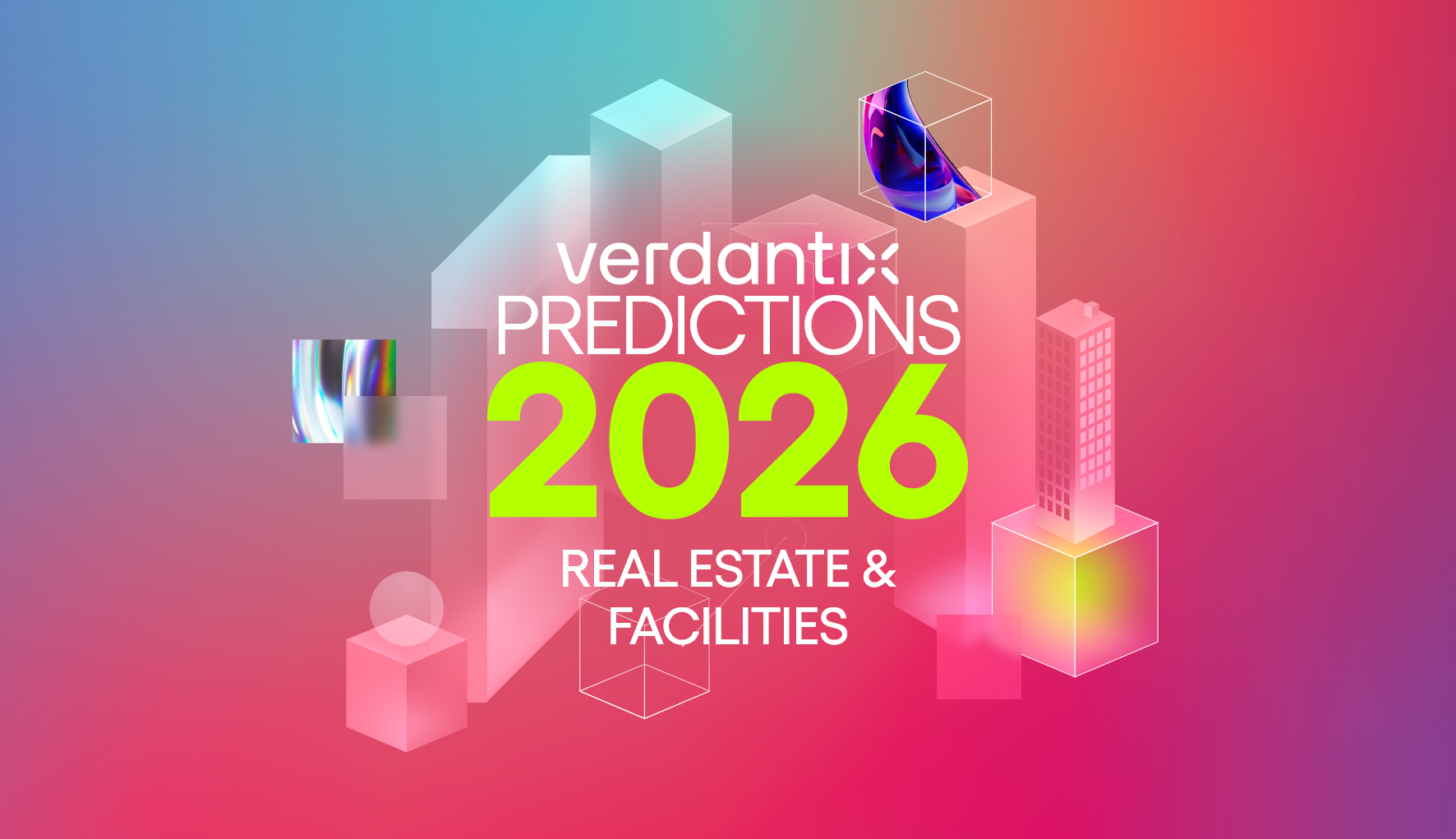Not Out Of The Woods Yet: Israel And Palestine Conflict Rekindles Energy Crisis Fears

Ben Readman
Energy prices are, once again, on the rise. Dutch TTF, the European benchmark for natural gas prices, is at a seven-month high, surging 15% on October 9th with the escalation of conflict between Israel and Palestine and holding at the same level since. In response to the conflict, Israel has closed a major gas field due to safety concerns, creating uncertainty over natural gas supply and energy security. The situation bears similarities to the impacts of the Russian invasion of Ukraine, which was a catalyst for the worst energy price rises since the 2008 financial crash.
A deeper look highlights ongoing vulnerabilities in global energy systems. Though many would point to ‘shock factors’ like the war in Ukraine as the main cause of the 2022 energy crisis, prices had in fact been on the rise since mid-2021 – long before the Russian invasion launched. In reality, major events like these work to exacerbate a combination of supply and demand issues that have been at play over a number of years. Even now, in addition to the escalation of conflict, a subsea gas pipeline in the Baltics has been damaged in suspicious circumstances, and Chevron workers in Western Australia have been on strike – both acting to destabilize natural gas prices.
Though energy crises have cooled since their stratospheric heights in 2022, this latest price flutter is evidence that businesses should prepare for an energy future characterized by instability and volatility. Firms will be forced to take a more proactive approach to energy management to avoid repeating mistakes of previous energy crises.
Historically, many organizations have been reactionary in response to crises, waiting for soaring energy costs to justify investment in energy management initiatives and technologies. The oil crisis of 1979 kick-started a wave of new innovations in energy efficient buildings, including BMSs and the hiring of Energy Managers, as tenants and landlords were caught out by sharp rises in operational costs. This reactionary approach was in evidence again in 2022, as Verdantix analysis found that energy management had shot to the top of real estate and facilities managers’ objectives – up from 2021, where even increasing use of mobile applications ranked higher on their priority list.
The consequences of these spikes in prices can be disastrous, with data centres, life sciences and retailers at the greatest risk. Last year, the UK division of IT company Sungard entered administration after soaring energy prices and landlords refusing to adjust rents made operating its data centres unsustainable.
Fortunately, options are available for firms to insulate themselves against these future risks. Advancements in energy management software and hardware have created greater opportunities for energy efficiency gains and enabled organizations to become less reliant on wholesale energy prices and national grids. Meanwhile, corporate net zero and ESG targets and regulations are boosting the business case for investment outside of immediate financial benefits. This favourable investment climate is expected to propel the growth of the energy and sustainability management software market at a CAGR of 13%.
Organizations are not yet in the clear when it comes to energy prices, and business leaders and energy managers should be constantly reviewing their energy management strategies. Ongoing threats to the security and stability of the energy system continue to bare their teeth, and those that fail to act proactively are at risk of suffering when history repeats itself.
Look out for dedicated Verdantix research on opportunities for energy optimization over the next 12 months. For more information on the future of energy management and decarbonization, please read: Strategic Focus: Building Decarbonization And Energy Management Will Decouple And Transform Over 30 Years.
About The Author

Ben Readman
Industry Analyst





